An online student* in the Masters of Social Work program was dismissed in May 2016 due to accommodation and communication issues with the Office of Accessibility Services (OAS) and her professors. Since then, other students have alleged issues with OAS as well.
The issues began when the student requested an assignment extension, which Simmons had a blanket policy of not providing at the time. While the professor knew of their OAS registration, they allegedly did not understand the extent of their disability. This led to the student missing assignments that were 25% and 30% of their grade, and ultimately their academic dismissal from the program.
Simmons’ policy did not individualize student needs according to The Office of Civil Rights within the U.S. Department of Education, who provided insight to the complaint filed against the university in 2016. The complaint, which kept everyone involved anonymous, was cited as discrimination against the student. Additionally, the requirements of Section 504 of the Rehabilitation Act were not met, since the disabled student was excluded from participation in a program within a school system.
In turn, Simmons was required to reevaluate accessibility policies and discontinue their rule against assignment extensions. Since then, assignment extensions can be an accommodation for students who need them.
“Schools need to be prepared for an increase in students needing accommodations,” says Autumn Grant, associate director of OAS. Grant added that 27% of students are registered with OAS at Simmons. “Post-covid, there’s been an increase in mental health issues…how can they make everyone feel supported?”
However, junior Marina McCollum feels like she can’t rely on OAS. After she started at Simmons, she planned weekly meetings with an office member, and claimed they were inconsistent and did not provide her adequate support.
“The process to receive accommodations is definitely flawed…I gave up on asking since [OAS] haven’t done much,” says McCollum, who has learning disabilities. McCollum added that she wished she had spoken with OAS before choosing to attend Simmons.
First-year student Stella McLaughlin has POTS. With heat worsening her symptoms, McLaughlin requested a window air conditioning unit. However, OAS refused her request and provided no explanation to McLaughlin, instead referring her to Facilities that instantly put a window air conditioning unit in.
McLaughlin said she felt “lied to” by OAS. She additionally added that she has seen emotional support animals (ESAs) on the academic campus, despite the university’s rule that requires them to stay on the residential campus. McLaughlin’s service dog accompanies her to the academic campus with her, and told the Voice that ESAs would bark and growl at her dog. McLaughlin said she wishes that Simmons had been stricter with the rule.
“Had I not done my research and known what to ask for, I don’t think I would have gotten the accommodations I deserve,” said McLaughlin. “There’s a lack of resources in what they can do to support students.”
If a student is beginning the application process for accommodations, McLaughlin encourages them to “keep pushing, don’t be afraid to ask questions, and don’t give up.”
*The letter from the Office of Civil Rights within the U.S. Department of Education did not name the student nor professors involved, simply referring to them as “Student,” “Professor,” etc.



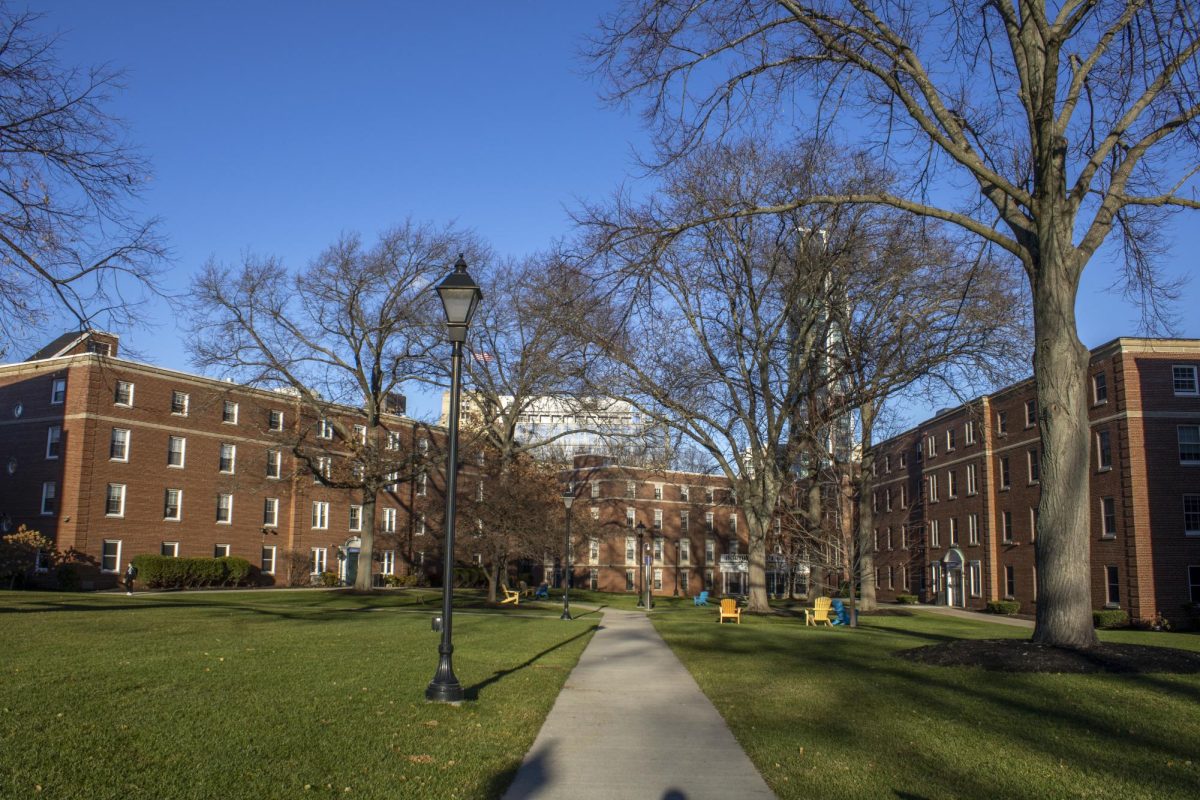


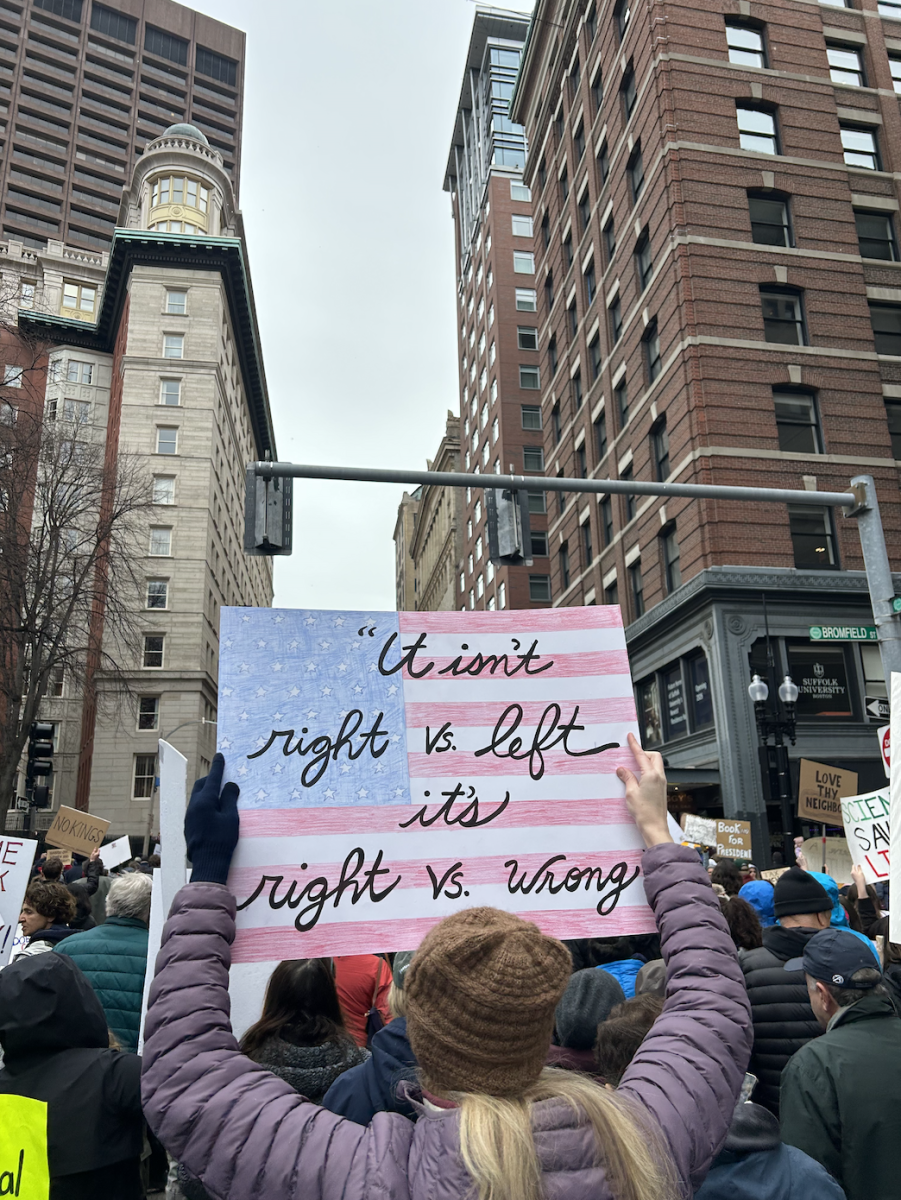
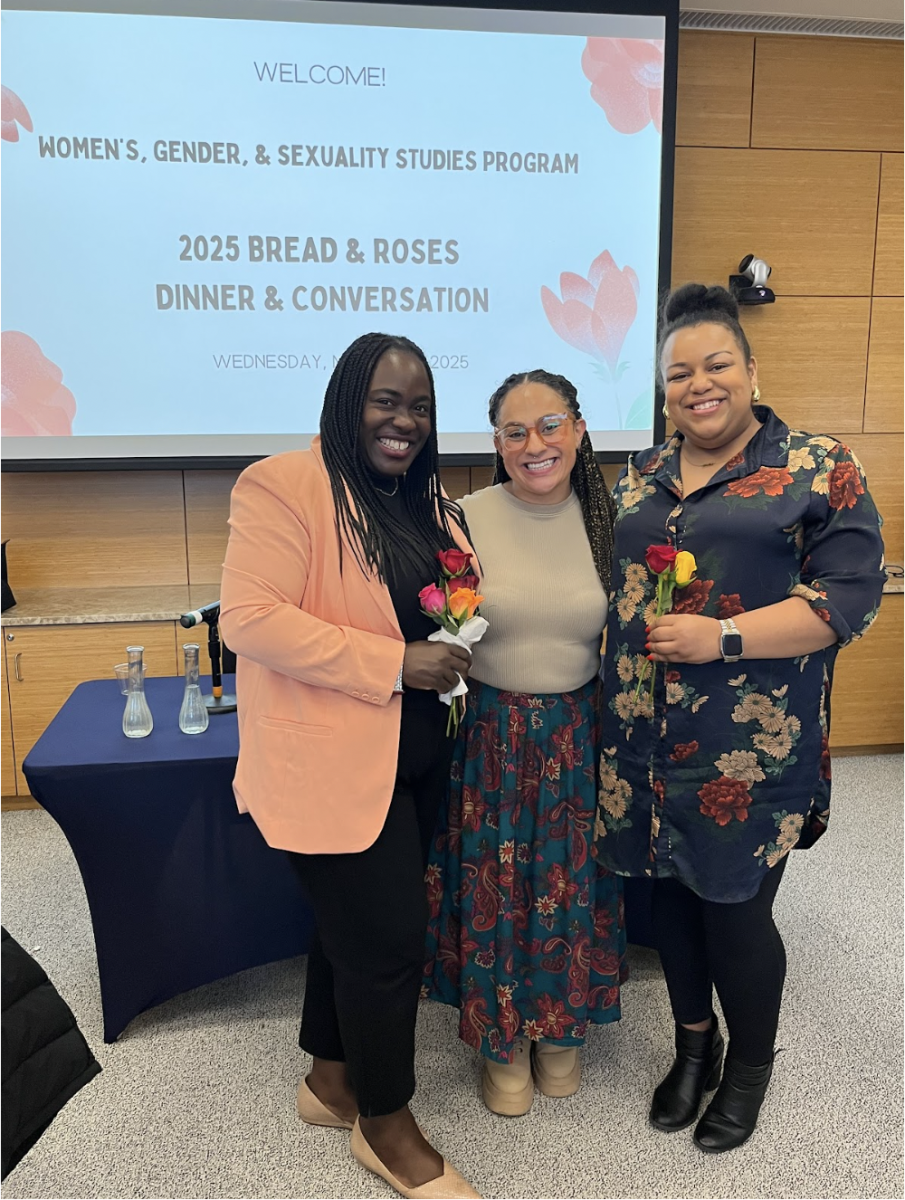





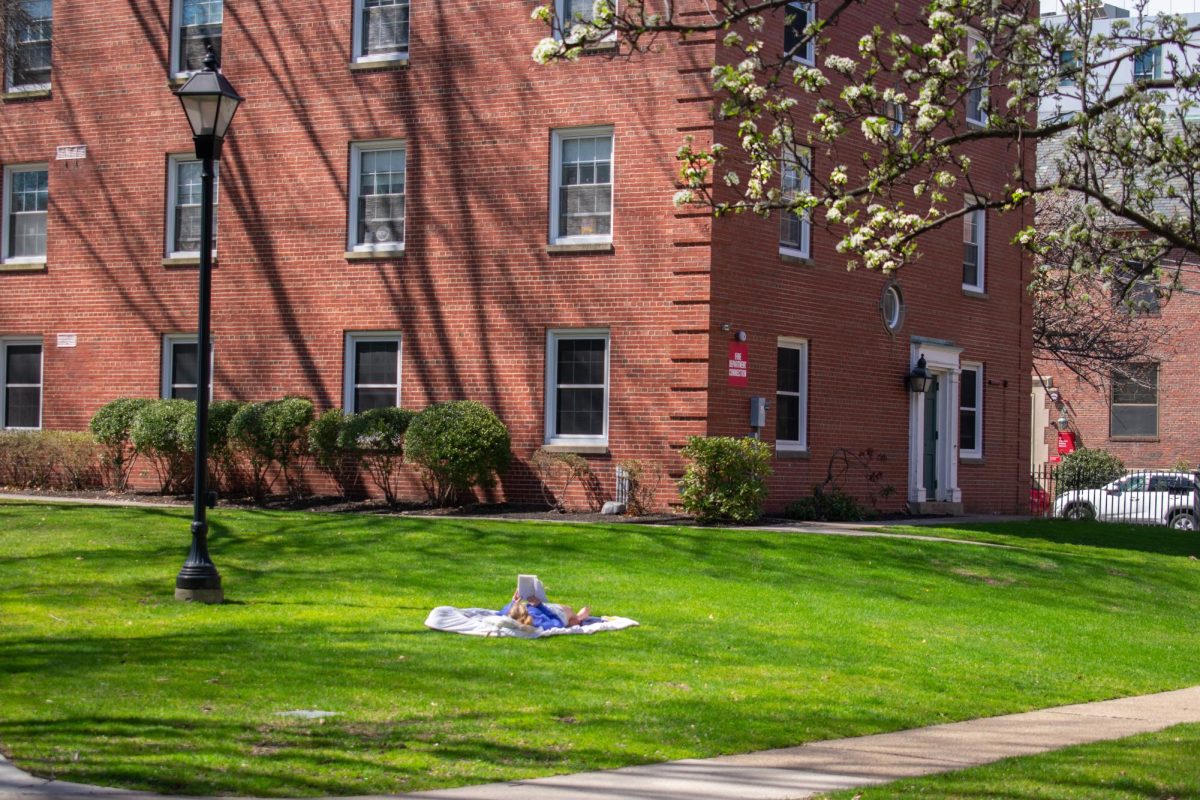

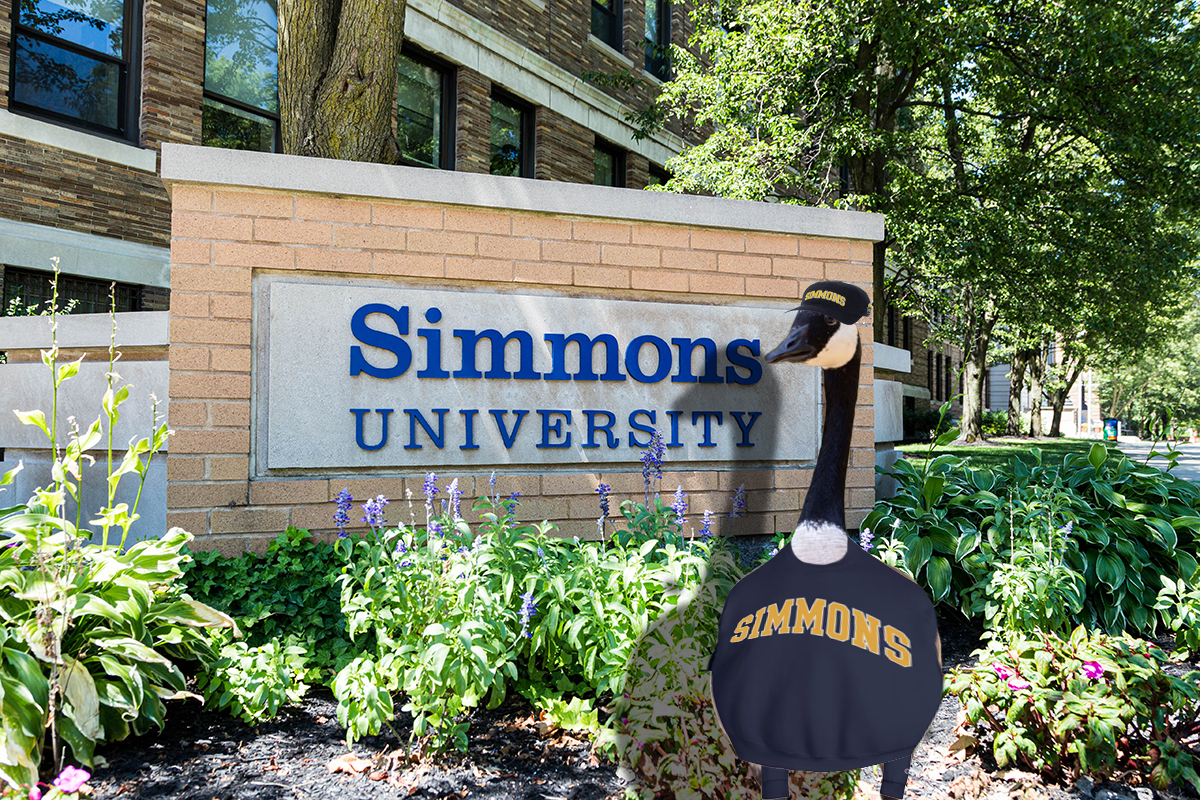


Anonymous • Nov 16, 2023 at 12:28 pm
I find this interesting, as I was also a student in the Master of Social Work program, online, and was protected, or so I thought, by the OAS, and was terminated from the program due to assignment deadlines, when the extensions were both understood, and granted.